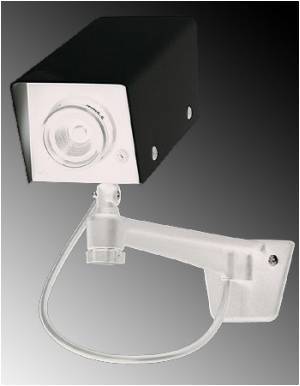New ways to enable security based on a person's body's movements are being discovered by scientists, which, unlike retinal scans and fingerprints, can't be obtained from them.

BioSoles are one of the team's leading concepts: special insoles that can recognize an individual based upon his or her unique walk. To reach this goal, the team is in the process of developing a new discipline called "pedo-biometrics," the New York Daily News reports.
According to the report, most authentication systems need "things you know," but more advanced systems need "things you are". Fingerprints and retina scans fall into the latter category but can still be penetrated, by amputating the corresponding body part.
CMU is teaming up with Autonomous ID, a company based in Ottawa, Canada, to create "things you do" validation, which no one else can recreate, the report said.
This collaboration "offers wonderful opportunities for fundamental research in pedo-biometrics with potential applications in medical diagnosis, forensic science, privacy, security and automation," said Vijayakumar Bhagavatula, professor of electrical and computer engineering.
Source-ANI








